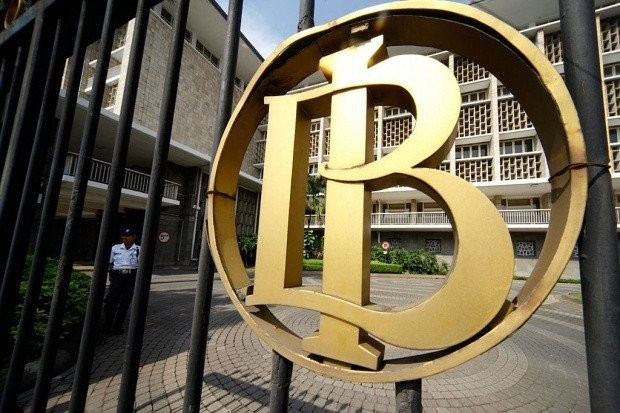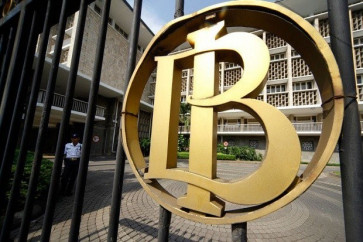Popular Reads
Top Results
Can't find what you're looking for?
View all search resultsPopular Reads
Top Results
Can't find what you're looking for?
View all search resultsBI must remain independent
A central bank mandated to achieve a government’s economic growth goals will blur the lines between monetary and fiscal policies.
Change text size
Gift Premium Articles
to Anyone
B
ank Indonesia (BI) is facing yet another challenge. The House of Representatives has initiated an amendment to Law No. 4/2023 on the Financial Sector Development and Strengthening (P2SK), which seeks to expand the mandate of the central bank.
The proposed revision to Article 7 of the P2SK Law states that BI is also responsible for “creating an economic environment conducive to real economic growth and job creation.” The proposal would mean adding to the bank’s current mandates: Safeguarding the rupiah’s exchange value and controlling inflation.
The additional phrase in Article 7 can be interpreted in many ways. But considering the government’s main challenge, generating bigger fiscal room for the state budget, this may mean that the House, now controlled by President Prabowo Subianto’s coalition, will seek central bank support to generate liquidity for the state budget, thereby strengthening the role of the state and the big government agenda.
Even more worrying are proposals that would give the House the power to recommend the removal of members of BI's Board of Governors based on performance. Granting the legislature the political leverage would severely compromise the institutional independence of the board, forcing governors to align decisions with political, rather than purely economic, objectives.
Studies have shown that independent central banks promote economic resilience and foster growth. Conversely, a direct responsibility to help the government achieve specific economic growth targets may be counterproductive.
An economic growth target is a political commitment to woo popular support as in the case of Prabowo, whose campaign promises included a 8 percent growth target by 2029. A central bank mandated to achieve a government’s economic growth will face significant risks and negative consequences. This will blur the lines between monetary and fiscal policy.
Citing the need for “real growth” amid the economic slowdown, the government can pressure the central bank to purchase government bonds to finance public spending. Prioritizing government spending risks undermining the bank’s ability to control inflation.



















